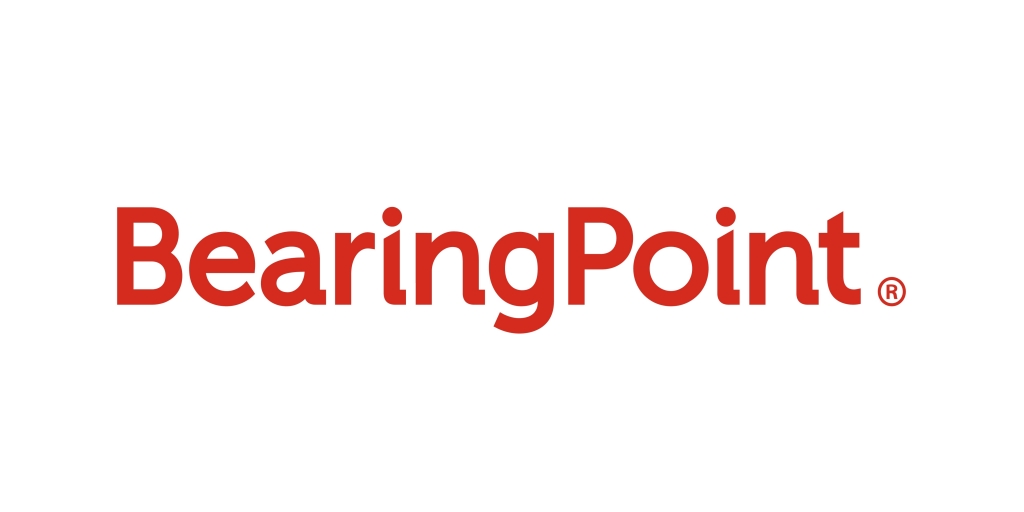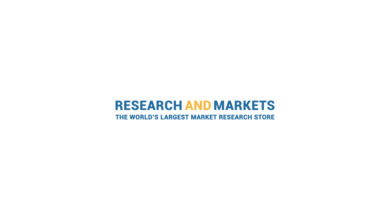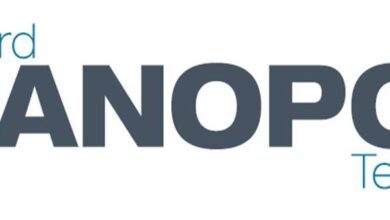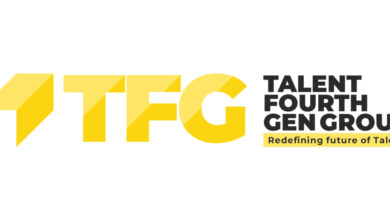BearingPoint survey: Cash is number one in Europe – digital euro should be fast, secure, and accepted everywhere

According to a new survey conducted by management and technology consultancy BearingPoint in seven European countries, cash is the most frequently used payment method. On average, one out of four respondents see the digital euro as a supplement to cash, with almost one in five saying they would use it several times a week. Fast, secure, and accepted everywhere – these are the characteristics that respondents expect from the digital euro.
AMSTERDAM–(BUSINESS WIRE)–#banking–Cash is the major form of payment across Europe, with its use being most common in Austria and Germany and lowest in Finland. Despite the significant differences in cash usage, expectations for the usage of the digital euro are similar in all seven countries surveyed by the management and technology consultancy. Respondents said that they would use the digital euro primarily for online shopping, and the top criteria for using the digital euro would be if it were free of charge and was accepted everywhere 24/7 (online and offline).
Cash is king in German-speaking countries
In Germany (71%) and Austria (79%), cash use is significantly higher than in other European countries. Respondents from Switzerland (63%), Ireland (61%), the Netherlands (57%), and France (55%) also show a relatively high level of cash use, but are well behind Germany and Austria. Finland has a significantly lower cash usage pattern at 43%.
78% of those surveyed in Austria do not see a turning away from cash use within the next 5 years and are thus at the top of the study. In the other countries surveyed, a clear majority (63% on average) also cannot imagine a world shunning cash, yet more than one in three respondents in Finland expect cash to stop being used in 5 years.
The popularity of cash is also reflected in the frequency of use. Multi-weekly use is pronounced in Austria (73%) and Germany (66%), while only 19% of respondents in Finland use cash several times a week. Despite the significant differences in the use of cash, the expectation of using the digital euro is similar in all countries. Almost every fifth participant in the study (between 15% and 21% of respondents across all countries) would use the digital euro several times a week.
Christian Bruck, Partner and Payments expert at BearingPoint: “Cash is by far the most popular payment method in Europe. It is so high partly due to the fact that in uncertain times, cash is perceived as particularly familiar and secure. Cash remains highly valued, reflected in the strong majority favoring cash in the next five to ten years. It is interesting to note that, despite the differences in today’s use of cash, an average of one in five people would use the digital euro several times a week. This underlines the potential of the digital euro. It seems important to the respondents that the digital euro would be accepted everywhere, around the clock, and offered free of charge.”
On average, about one in three has not heard of the digital euro
According to official communications of the European Central Bank, the digital euro is not intended to replace cash but to complement it, which is also reflected in the survey results. On average, around 26% of respondents expect the digital euro to be used as a supplement to existing payment methods. Information on the digital euro is most pronounced in Austria, with only 27% of respondents stating that they had never heard of it. High awareness in Austria could be due to the intensive political discussion on the digital euro there. On the other hand, 43% of respondents in France state that they had not heard of the digital euro. In the countries with the highest cash use, Austria and Germany, the expectation is that the digital euro will be used less frequently than cash. In Finland, the country with the lowest cash use, the digital euro is expected to be used more frequently than cash.
Fast, secure, and accepted everywhere – these are the characteristics that respondents expect from the digital euro
Expectations of the characteristics of the digital euro are homogeneous across countries. For the respondents, the following characteristics are critical: fast, secure, and accepted everywhere, closely followed by availability at all times. The property of anonymity was by far less important to the respondents.
The digital euro would be primarily used for online shopping
Respondents said their preferred use of the digital euro would be online shopping, with one in two in Ireland saying they would use it there. In all countries surveyed, the digital euro would also be used frequently in daily shopping, such as at the supermarket. The digital euro would be least often used to send money to friends.
Cost and acceptance are the two main criteria for using the digital euro
The criteria of free to use and accepted everywhere 24/7 (online and offline) would encourage respondents to use the digital euro the most. Trust in data security is seen as a more important criterion for usage than a great user experience.
Personal bank receives the highest trust for digital euro transaction data
The results of the survey show a very heterogeneous picture in terms of entrustment of transaction data. In Finland, 58% of respondents would entrust transaction data to their bank, compared to only 7% in the Netherlands. Entrustment of data to the central bank is most pronounced in the Netherlands (27%) and even ahead of Switzerland (21%). Very few respondents would want to entrust their transaction data to technology companies such as Apple, Google, or Amazon.
Dr. Robert Bosch, Partner and Head of Banking & Capital Markets at BearingPoint: “Knowledge of the digital euro is now relatively widespread. However, for the acceptance of the digital euro as a supplement to cash, information needs to be expanded. When it comes to the sensitive topic of storing and recording transaction data, the majority of respondents trust their personal bank. This is a clear vote in favor of a trusting customer-bank relationship in payment transactions over technology companies such as Apple, Google, and Amazon.“
About the survey
The data is based on an online survey of 8,114 people in Germany (2,040), Finland (1,004), France (1,056), Ireland (1,002), the Netherlands (1,006), Austria (1,005) and Switzerland (1,001) conducted between September 11-22, 2023. The results were weighted and are representative of the respective populations aged 18 and over.
The survey was designed by BearingPoint and conducted by the market research institute YouGov in the seven countries mentioned. The results were analyzed by the BearingPoint payments experts. BearingPoint has conducted the survey regularly in the DACH region since 2019 and expanded the panel to other European countries this year.
About BearingPoint
BearingPoint is an independent management and technology consultancy with European roots and a global reach. The company operates in three business units: Consulting, Products, and Capital. Consulting covers the advisory business with a clear focus on selected business areas. Products provides IP-driven digital assets and managed services for business-critical processes. Capital delivers M&A and transaction services.
BearingPoint’s clients include many of the world’s leading companies and government organizations. The firm has a global consulting network with more than 10,000 people and supports clients in over 70 countries, engaging with them to achieve measurable and sustainable success.
For more information, please visit:
Homepage: www.bearingpoint.com
LinkedIn: www.linkedin.com/company/bearingpoint
Twitter: @BearingPoint
Contacts
Alexander Bock
Global Senior Manager Communications
Telephone: +49 89 540338029
E-Mail: [email protected]







